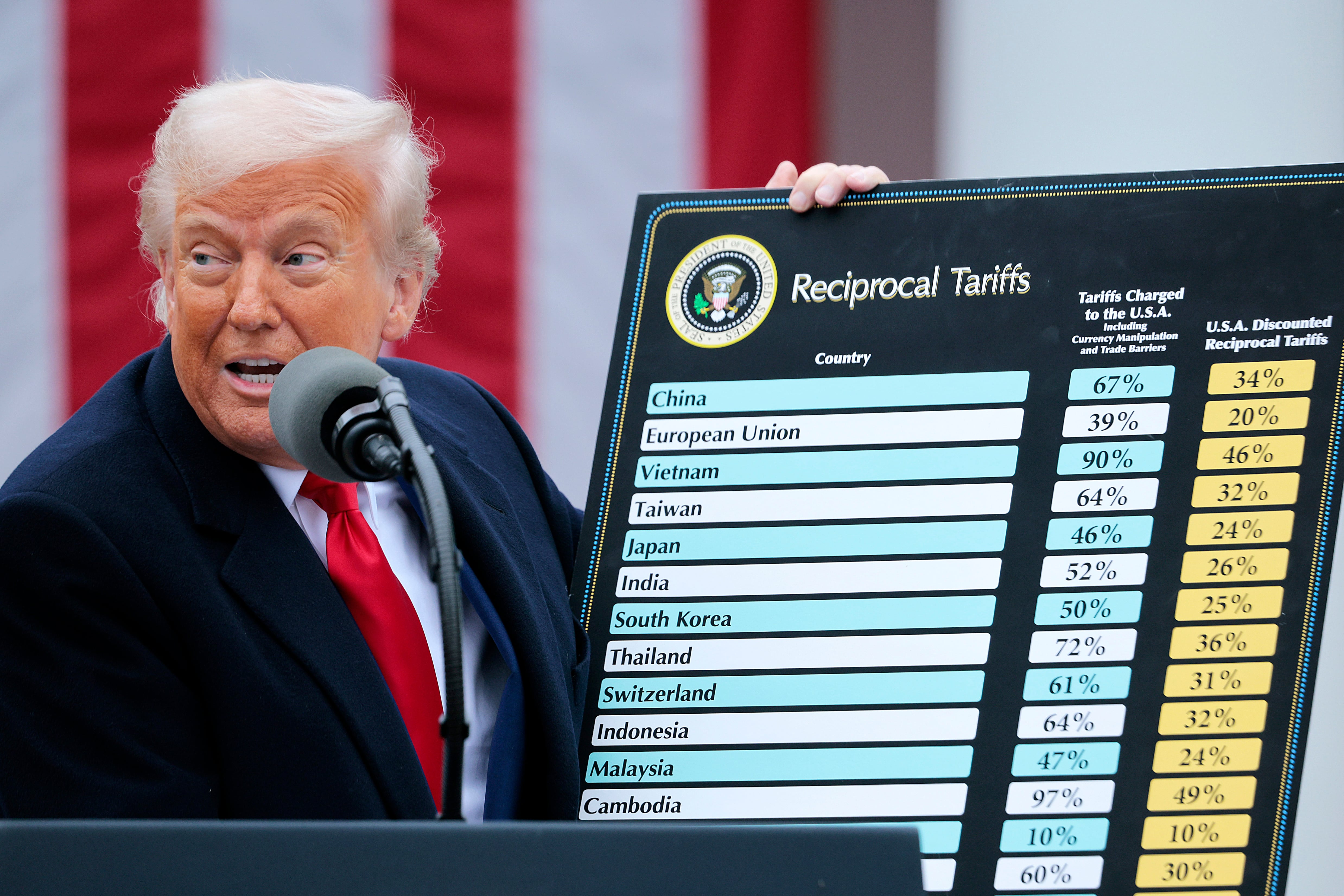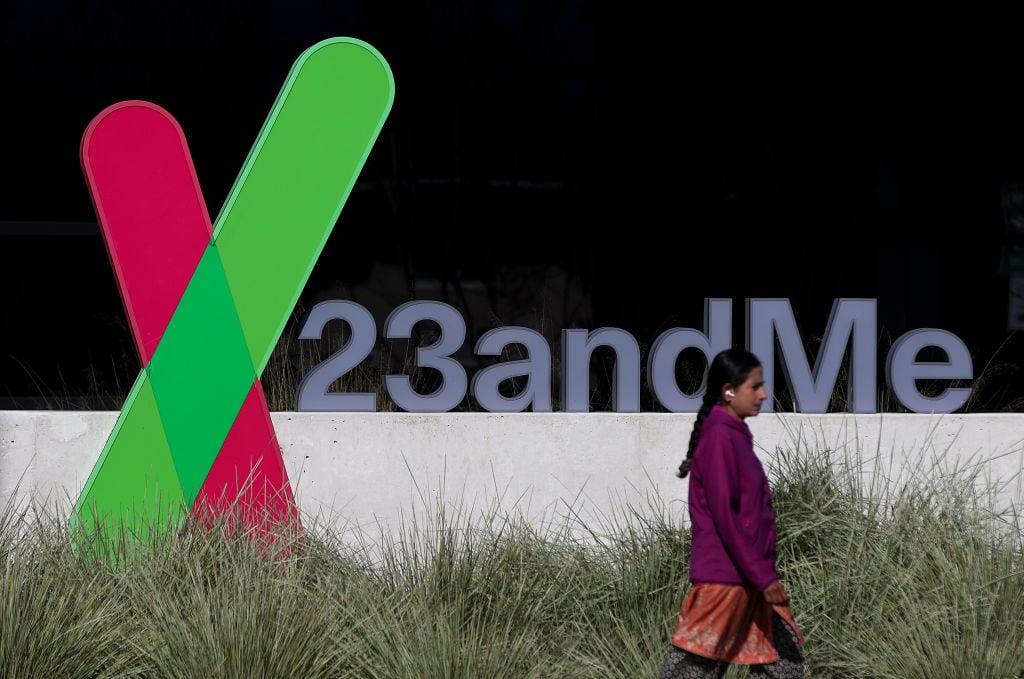*By Madison Alworth* The race between Uber and Lyft to go public first may spur companies outside the rideshare space to come to market too. One such company might be delivery service Postmates, said Wall Street Journal reporter Maureen Farrell. "Until really this year, these really well-capitalized, fast-growing companies ー we heard about them for so long, and we knew that they were waiting as long as possible to tap the market," Farrell said Wednesday in an interview on Cheddar. "Now it seems like almost the opposite. These companies are getting a ton of capital in the private market, but they are going out there and trying to go to the public market sooner than later.” Farrell said Postmates has interviewed bankers, though hasn't picked underwriters yet. "But it's a clear step in the direction towards an IPO." "I know their CEO has been kind of vocal about wanting to go in 2019 and saying they’re ready." An offering from Postmates would add to an already-stacked docket for IPOs next year ー and some lofty valuations. Bankers are reportedly saying Uber could be valued as high as $120 billion in its offering, double its valuation after a fundraising round two months ago. And Lyft, after choosing its underwriters, could reach a valuation of $15.1 billion. It remains to be seen whether these valuations will stick once the Silicon Valley stars hit Wall Street. "I think there could be a huge variation in what the market will think about Uber and Lyft," Farrell said. "They’re both unprofitable, they’re very fast growing, there are so many different factors at play." One factor is whether investors have enough appetite for two publicly traded rideshare companies ー if Uber makes it to market first, will investors who buy in also want shares of Lyft? Conversely, if Lyft wins the race and performs well, it could set the stage for its bigger counterpart. "If Lyft could essentially set a baseline, and Uber could be valued off of them ー assuming it goes well ー public investors would have had time to understand and digest this whole new business model there could be upside for Uber there." For full interview [click here](https://cheddar.com/videos/ride-sharing-companies-racing-toward-a-2019-ipo).












